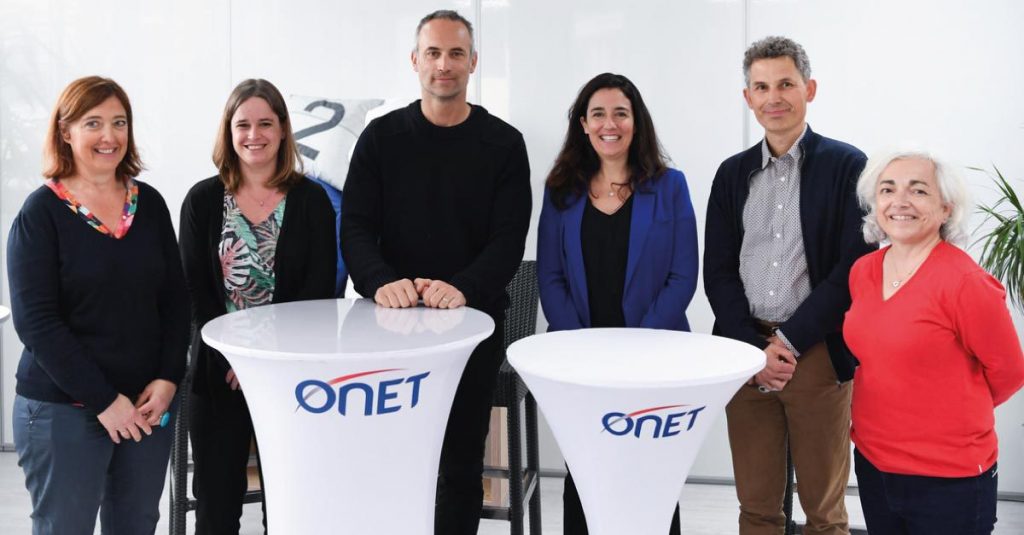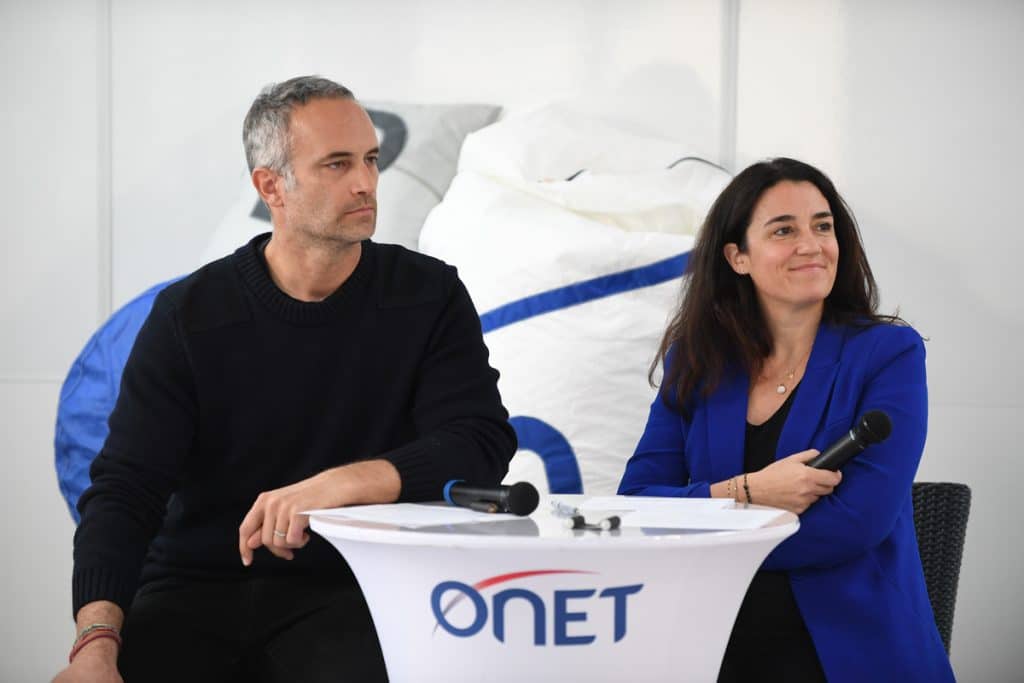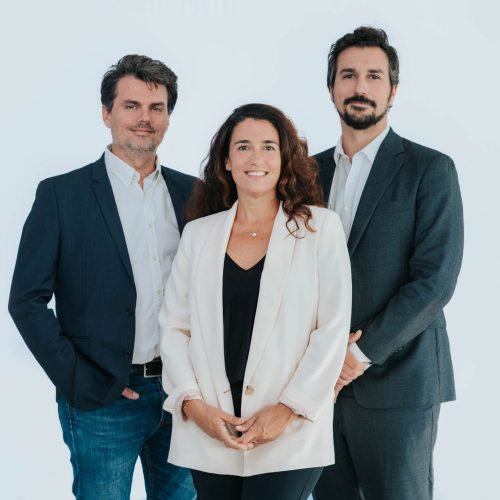Fabrice Amedeo announces important discoveries on the origins of ocean pollution at his conference
Wednesday, March 30, 2022, was a big day for the Ocean calling project led by Fabrice Amedeo and supported by Onet. The first results of the surveys carried out by the skipper during the Vendée Globe 2020 were unveiled for the first time at a conference broadcast live from the headquarters of the Onet group, historically based in Marseille.

- - Onet
Find out all about the scientific project of Fabrice Amedeo, navigator at the service of science
Since 2020, Onet has been financing a sensor on board the yachtsman's IMOCA, made up of various modules, which collect data on water salinity, Co2 levels and microplastic and phytoplankton content. These data are on an unprecedented scale, as they are collected offshore, in places where scientific boats rarely visit. These samples, collected during the various races, were made available to scientific institutes such as Ifremer, the University of Bordeaux, the IRD and the CNRS. After 2 years of study and research, some of the data collected on the Vendée Globe 2020 has now been finalized. These results are available as "open data", i.e. free of charge and open to all, and will be used to model climate change and study the level and sources of pollution in our oceans.
Over and above the sporting adventure and our shared values, it was the scientific project and Fabrice's personal commitment that won us over. Contributing to this ambitious project seemed to us essential and consistent with Onet's ambition to help create healthier, safer and more reliable environments. These initial results only reinforce our determination to develop ever more responsible solutions, such as our cleanliness solution Biogistic, and to continue reducing our use of plastic in all our businesses. They also reveal the new challenges we will have to face, and open up new avenues for action, notably with regard to the lifecycle of our work clothes, a reflection initiated in 2020 and included in our 20/23 CSR roadmap.
Émilie de Lombares, Chairman of the Board Onet

The two main findings
from these initial analyses
Studies have shown that the surface waters of the Atlantic Ocean are twice as polluted by cellulose fibers as by microplastics, but also that theNorth Atlantic is more affected by plastic pollution than the South Atlantic, and questions the dynamics of the subtropical gyre (microplastic concentration zone) since the pollution levels measured there are lower than expected.
What's next?
Samples taken from the 100 µm and 30 µm filters are currently being analyzed, as are those from the last Transat Jacques Vabre between Le Havre and Brazil, which will provide a map of microplastic pollution in the North Atlantic and refine the difference in concentration between the South and North. The forthcoming voyages will also enable us to gain a deeper understanding of the Atlantic Ocean.
Fabrice Amedeo will take part in two races this year, during which the sensors will operate 24 hours a day:
- La Vendée - Arctic - Les Sables (race between France and Iceland)
- Route du Rhum (Saint-Malo - Pointe-à-Pitre)
This large-scale project represents an unprecedented opportunity to collect and analyze microplastics of various size classes, present in surface ocean waters on which little data is currently available.




